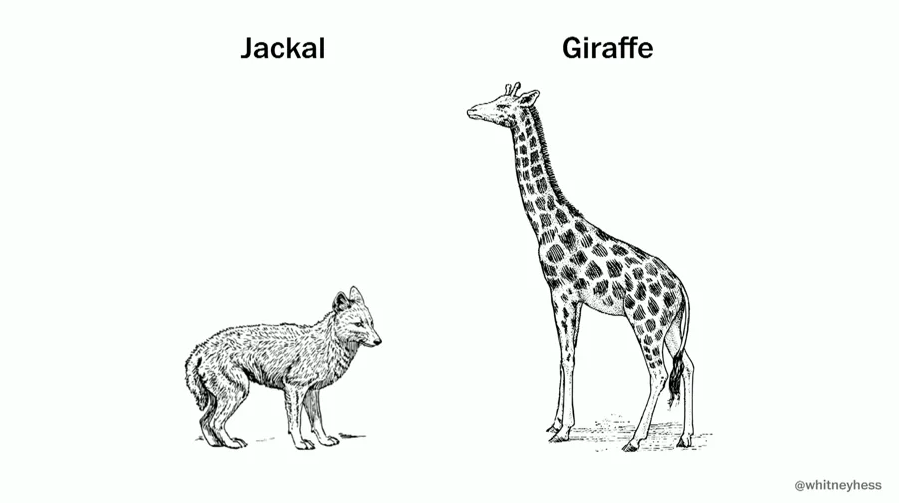The Eco-Congregation Movement of the RCH held its 7th national conference and organized an additional nonviolent communication training online. The conference offered the opportunity for the twelwe congregations and institutions awarded the eco-congregation title in the past year to present their activities and future plans. At the second event Anikó Pogány trainer, psychodramatist, coach and mediator held a workshop on nonviolent communication.

In his opening prayer, Áron Kocsis, reformed pastor and member of the Eco-congregation Council of RCH, compared people to gingerbread patterns he saw in an ad on TV. He asked: do we offer good patterns, examples to follow as eco-congregations and as christians in general? When we are making gingerbread, no matter what pattern we use, there will always be some dough left which can be used for something else. If we don’t look at our past, we can’t build our future.
These thoughts opened the 7th Eco-Congregation Conference where fourteen congregations had the opportunity to introduce themselves and their efforts to become more eco-friendly in their every day life and ministry. Twelve of them won the title of eco-congregation and two received the Eco-Congregation Award. Their presentations varied from supporting local farmers to encouraging the installation of solar technology on churches. Even though both of them are on the expensive side, they are the safest and most sustainable choices, the awarded congregations say. Buying food from local farmers not only supports them and the regional economy and environment, but also provides a healthy diet for the community, especially for children.
Opinions on solar technology, on the other hand, differed since solar panels should be installed on the roof of the church. Some opposed this idea, saying that the churches shouldn't be changed in a manner like this, but others argued that it would promote the idea of the protection of Creation. Some of the awarded congregations reported that they were able to purchase electric cars, which local churches and organisations use as a company car.

Another interesting intiative was also presented at the conference. A company in Szeged, a city in Southern-Hungary has been collecting and recycling used socks, in the terms of sustainability, and turning them into something useful, like insulation material for furniture companies or geotextile. The company offeres free shipping for those who wish to participate in the project. In addtion, those pairs of socks which are still usable are given to needy people with the assistance of charity organizations.
Local churches and organisations can apply for the title of Eco-Congregation if they take active steps to protect the created world through their daily efforts and overarching commitment to saving creation. If a congregation can show this initiative for four years, then they are eligible to receive the Eco-Congregation title which comes with a qualification plaque logo that can be used for three years, following the Scottish eco-congregation model. The congregations who apply for the Eco-Congregation title voluntarily accept that they will pay better attention to the aspects of creation care. Those congregations that already have a working and complex program of creation care in place will win the Eco-Congregation Award.
The second event organized by the Eco-Congregation Movement addressed another related issue: the human emotions and relationships. The topic was introduced by Anikó Pogány nonviolent communication trainer at the Eco-Night conference. With a colofrul and diverse background she was always interested in human emotions and relationships and compared the method of nonviolent communication to The Jesus Way. Studying human emotions is a key to understand how we can make a real progress in treating each other and the environment better. There are a lot of people with good intentions, but many of them don’t know how to control and express them.
In order to illustrate this phenomenon she presented two groups of words describing respectively emotions and needs. Interestingly, there are some needs which are not considered needs by most of the people, because they are filled with negative emotions and thoughts, such as grief. We still need to embrace and accept them, since many of them help us to let things go and move forward. At the same time, understanding and going through grief is a necessary process, and when it accepted, it can turn into source of power. Some needs can clash with each other, as we realize this when it comes to the question how far we can control, have power over our own reality, our own 'personal world'. She explained it with an example: when our neighbour on the upper floor is listening to music loudly, it distubrs us and ruins our peace at home. More than that, it also questions the 'power' we have over our own world, because it is something we can’t control even if we live in an environment completely controlled by us, our home. These situations teach us that 'interpretive understanding', the attempt to understand social phenomena from the standpoint of all those involved, can be very helpful. It helps us try to interprete what others are doing and understand why they are doing it.

Giraffe and Jackal as the two symbols of NVC
Violent communication was represented by the carnivorous Jackal as a symbol of aggression and especially dominance.
The herbivorous Giraffe on the other hand, represented NVC strategy. It was chosen as symbol for NVC as its long neck is supposed to show the clear-sighted speaker, being aware of his fellow speakers' reactions; and because the Giraffe has a large heart (13kg), representing the compassionate side of NVC.
Anikó Pogány pointed to The Jesus Way in connection with the giraffe metaphor. The giraffe represents clear sight, listening and patience, which reflects on the teachings and attitude of Jesus. There are several aspects of nonviolent communication and although it approaches relationships between people, a large part of it is directed towards ourselves, which can be translated as 'self-sustainablilty'. Nonviolent communication only works if the people involved are willing to get to know themselves better. We need harmony to promote peace and to feel good in order to do good. This is the reason why we should first keep silence, stand still for a while, and pay attention to the other. In nonviolent communication each involved party's emotions and needs are equally important. We know we are having nonviolent communication with someone if there’s no aggression, both of us matter and we truly care about each other.
At the end of the training, Anikó Pogány advised participants to identify three emotions they felt during the day, match them with needs they might be connected to and make a list after every day. This can help make sense of the negativity we experienced during the day and give us a clear picture of our needs and the emotions connected to them.